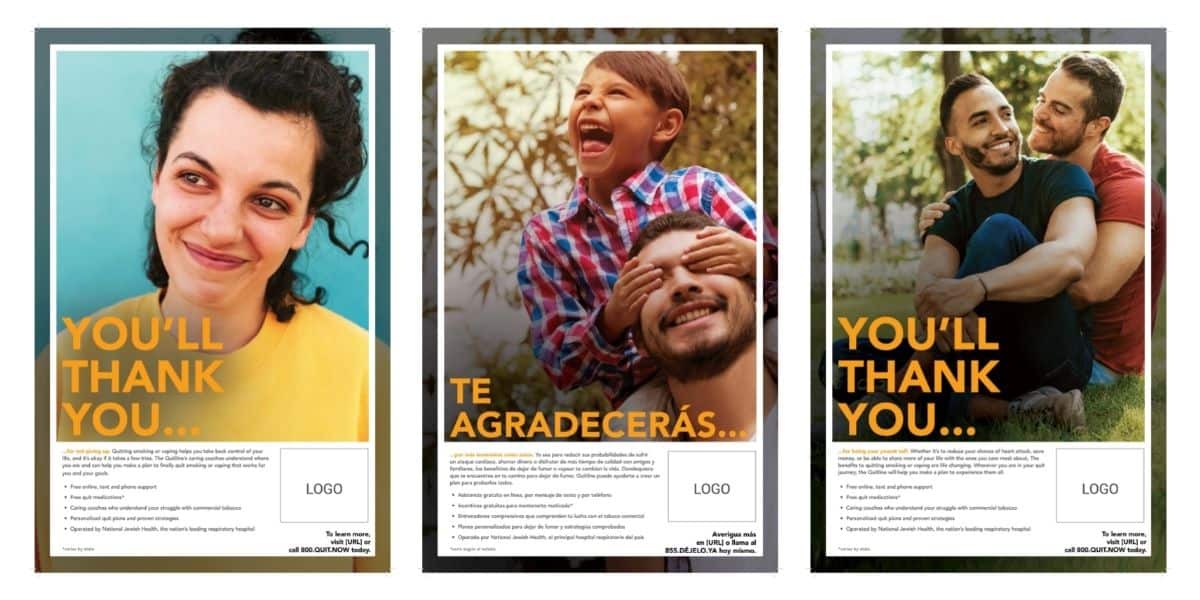Lawyers act as zealous advocates for their clients. For some, ensuring everyone has representation means checking their values and opinions at the office door. But embracing personal and firm values can make lawyers better advocates.
Identify the issues that get you out of bed in the morning or help you sleep at night. Those can help you, and your firm, define the work you do and why you do it. And sticking to those values can make all the difference for personal motivation and fulfillment while also helping to attract great talent and win over clients who align with your values.
For the past several years, consumers have been evaluating businesses more frequently on their stance on LGBTQ+ rights, racial equity, sustainability, participation in political campaigns, and — as we’ve seen as Russia’s invasion of Ukraine continues — how they act regarding humanitarian crises. Large companies face as much scrutiny as any politician’s platform, and to many consumers, they’re just as important.
Consumers are more frequently making buying decisions based on their approval of a company’s position on social issues. Eighty-two percent of consumers said they are willing to pay more to buy from a company that aligns with their values, and more than half say they want to see companies take a stand on issues, even if they disagree.
Companies see similar attitudes from investors as well. ESG investing, which measures companies based on their environmental, social and corporate governance factors, more than doubled in 2021 from the year before.
Just as corporate counsel led the push for greater diversity, equity and inclusion in the legal world, expect them to choose to work with law firms that match their values on other issues, as well.
Recent trends show that law firms are already being evaluated on their social impact. They’re judged by their clients but increasingly they may be defined by the work they don’t take.
Clients don’t want to be seen as guilty by affiliation.
Corporate counsel led on DEI by demanding firms focus on diversity and equity in their hiring. Diversity Lab’s Mansfield Rule evaluates law firms on how often they consider lawyers from underrepresented groups for high-level positions. Count on corporate counsel to make a new push to work with firms that align with their values.
Last year’s Chief Legal Officers Survey from the Association of Corporate Counsel found that corporate strategy is being driven, at least in part, by ESG concerns, such as diversity and inclusion initiatives and environmental impact. Many firms are already feeling their clients push for them to become more environmentally sustainable and reduce their environmental impact.
Companies expected to behave ethically will be careful about spending their money in ways that might tarnish that image.
Put your mouth where your money is.
As Russia’s invasion of Ukraine has the world watching, international firms are distancing themselves from Russian clients. For other firms, their silence is considered to be telling on its own.
And in the wake of the Jan. 6 Capitol riot, several BigLaw firms stood up to say they wouldn’t be donating to Republican politicians who stood in the way of certifying the election results for President Joe Biden. Several firms failed to follow through within the year.
The obvious advice is to not make statements that you’re not able to follow through on. Better yet: Follow through. When a topic is big enough that law firm leadership feels they should take a stance, it should be worth standing by those values. You might end up losing business either way, so choose not to work with bad actors.
Job interviews go both ways.
Within a few short years, Gen Z is expected to make up 27% of the workforce. Millennials changed elements of office culture like dress code, work from home habits and intraoffice hierarchy. Get ready for Gen Z to make an even more significant impact on how businesses behave.
Young lawyers are already making it clear that they want to work in organizations that align with their values. Law students banded together to boycott BigLaw firms that defended environmental polluters. Law students have previously boycotted firms that represented the Trump campaign.
Expect this tactic to be used more often and for a wider variety of behaviors. Consider these actions to be part of the vetting process. Young attorneys won’t want to work with law firms they don’t believe in, so make sure that you’re doing work you believe in.
 Tony Flesor is a senior writer and content strategist at SE2, a Colorado-based communications and marketing agency focused on social change. He is a former reporter and editor who covered courts and legal business.
Tony Flesor is a senior writer and content strategist at SE2, a Colorado-based communications and marketing agency focused on social change. He is a former reporter and editor who covered courts and legal business.





